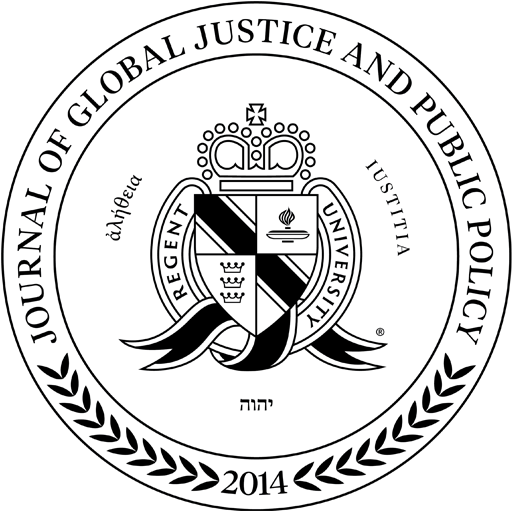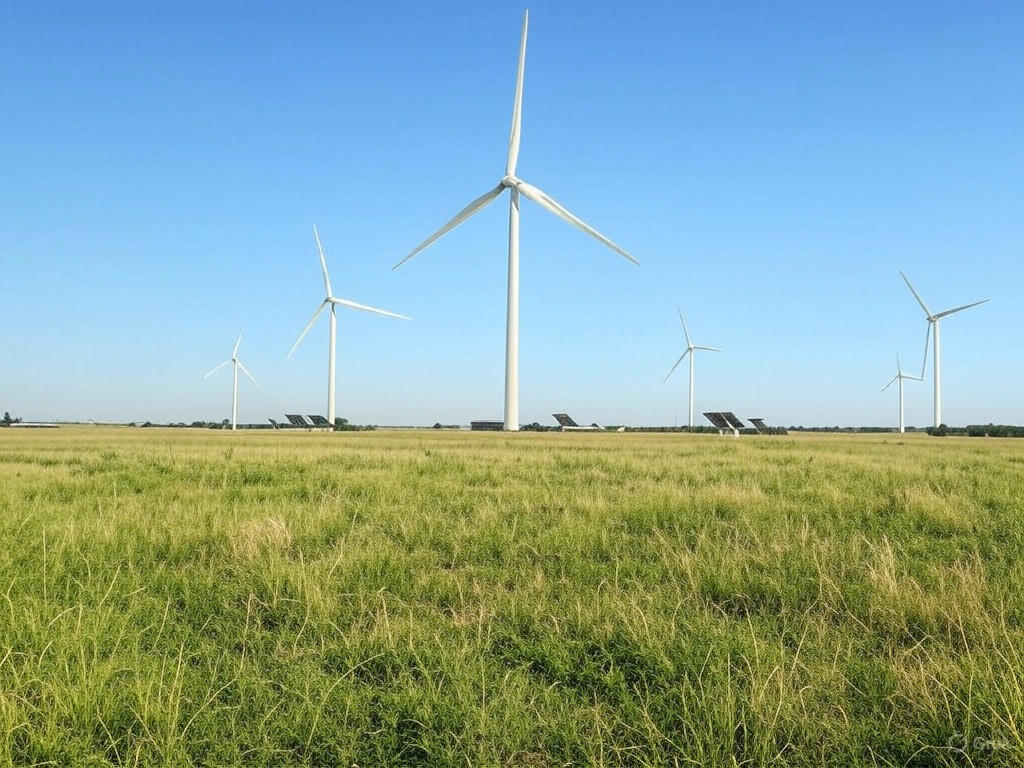Joshua Gamboa | 2 Regent J. Glob. Just. & Pub. Pol. 459
INTRODUCTION
Individual European country taxes have recently been tailored towards a policy that incentivizes clean energy alternatives in order to
curb CO2 and other harmful emissions that contribute to the continent’s carbon footprint.1 Cutting against this established tax policy, the European Court of Justice surprisingly held in European Commission v. United Kingdom of Great Britain and Northern Ireland2 that a national discount on Value-Added Tax (“VAT”) for energy-saving materials flouted European Union rules by misapplying two exemptions. 3
The defendant, the United Kingdom, offered a reduced rate of five percent VAT on solar panels, water turbines, and wind turbines, among other home improvements, to all British homeowners who sought installation to improve their properties.4 Based on the holding in this case, the British government must comply with European Union law by returning these clean energy alternatives to the full twenty percent VAT or face severe fines for noncompliance.5
Under external pressure, the United Kingdom has caved to the European Court of Justice’s holding and essentially surrendered
sovereignty in national legislative interpretation to the European Union, where the European Union has no place to determine interpretation of the law. This Comment argues that the European Union has overstepped its boundaries as a supra-national entity when it sets the definition of “social policy” that is solely in the interpretive domain of a member state at the national level. In Part I, the discrepancies between United Kingdom legislation and European Union law are contrasted and given context. Part II discusses the exemptions analyzed in the European Court of Justice holding and their application to British law. Finally, Part III, exposes the social damage caused by higher costs to clean energy and the encroachment of national sovereignty by the European Union.
I. THE CONTEXT OF EUROPEAN AND UNITED KINGDOM LAW
Prior to litigation in September 2011, the United Kingdom was given formal notice that a reduced VAT on clean-energy goods and services was contrary to European Union law.6 The United Kingdom agreed in November 2011 only to the reduced rate for goods and services for the charitable purposes exemption, but would apply full VAT rates to energy-saving materials in 2013.7 The European Commission sent another notice of noncompliance to the United Kingdom in June 2012, but the United Kingdom reiterated in August that it complied with European Union law.8 The Commission was unsatisfied with the United Kingdom’s answer and commenced legal action. 9

